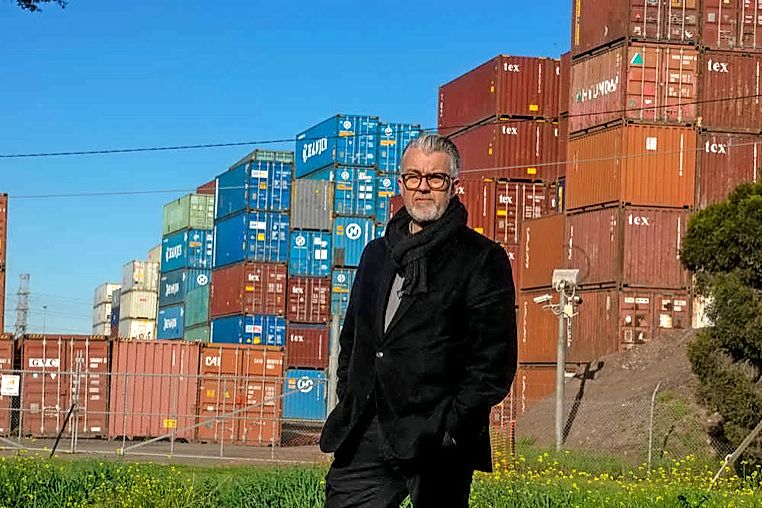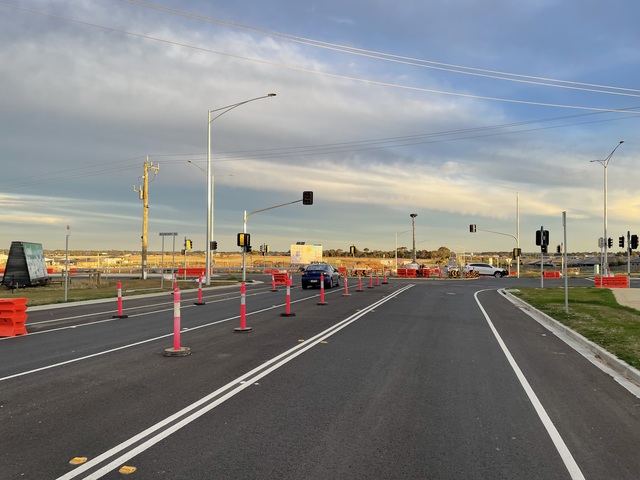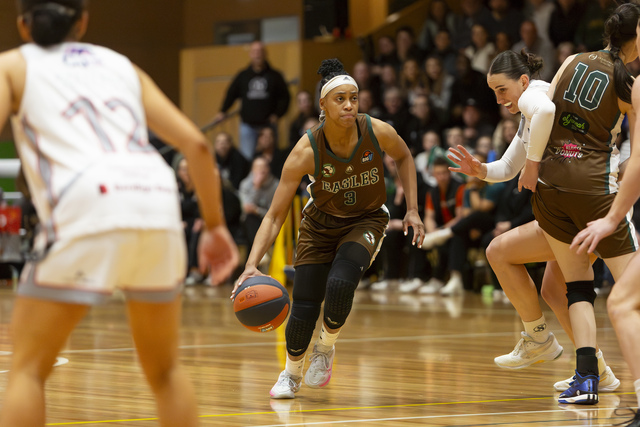By Clay Lucas
More than 10,000 shipping containers a day are whipped around Melbourne’s inner west on the back of trucks, inflicting damage on the community, according to a group representing the western suburbs.
Almost half the containers are empty – bound for a dozen empty-container parks dotted around Yarraville, Brooklyn and West Footscray.
In January, 92,000 containers were exported from Melbourne and 40 per cent of them were empty.
Craig Rowley, of lobby group LeadWest, describes the situation as “ridiculous”.
About 2.7 million containers passed through the Port of Melbourne last year – up from 1.9 million a decade ago. Most of the containers are owned by the shipping lines.
The container parks have grown outside the Port of Melbourne because land next to it has become expensive. About 70 per cent of the empty containers are stored away from the port. Empty containers are used to “top up” departing ships and are usually the last items to be loaded.
The state’s main exports, such as agricultural produce, leave in sturdy 20-foot containers, but imports – usually much lighter – are accommodated in 40-foot containers.
This results in empty 40-foot containers being returned to the countries that make our clothes, white goods, TVs and flat-pack kitchens. Because moving empty containers provides slim profit margins, the trucks used are often old or the cheapest available. The drivers transporting the empty containers are among the worst paid in the trucking industry, earning $25 to $50 per container delivered.
Peter Anderson, chief executive of freight group the Victorian Transport Association, says these carriers “are in a hurry because they get paid by container, so they go fast”.
LeadWest wants a long-promised rail shuttle from the port built to help get empty containers off the roads.
Roads Minister Luke Donnellan says the government is evaluating a range of options for inland facilities such as a western interstate freight terminal in Truganina, and this year will release a new freight strategy that has considered these investigations.
Neil Chambers, of Container Transport Alliance Australia, says rail can’t provide the immediacy shipping lines need so trucks will continue to dominate.
– The Age

















